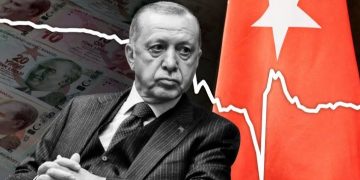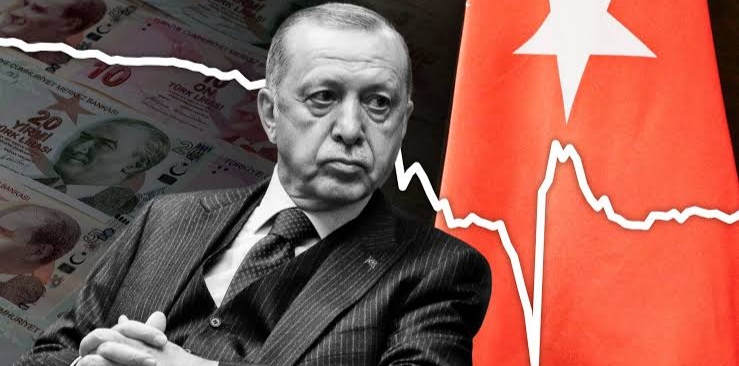By John Ikani
Turkey’s inflation climbed to a new 24-year high of more than 83% for September, the country’s official body for statistics reported Monday.
The spike followed the decision of the nation’s central bank to cut interest rates despite surging prices.
Turkey’s monetary policymakers desire to adopt the global trend of central bank raising interest rates to combat inflation, as high borrowing rates cool down the economy and prices.
But President Recep Tayyip Erdogan, has repeatedly railed against higher rates, calling for more rate cuts at the bank’s next policy meeting on October 20.
In the last two months alone, Turkey’s central bank — seen as under the control of Erdogan — cut rates by 200 basis points to 12%, shocking markets. The Turkish lira is currently trading at a record low of 18.56 to the dollar, and has lost roughly 28% of its value against the greenback this year.
“My biggest battle is against interest. My biggest enemy is interest. We lowered the interest rate to 12%. Is that enough? It is not enough. This needs to come down further,” Erdogan said during an event in late September.
Turkish officials say that their measures will bring inflation down in the coming months, but many economists disagree and expect consumer prices to rise and the lira to fall further into next year.
“With external financing conditions tightening, the risks remain firmly skewed to sharp and disorderly falls in the lira,” Liam Peach, a senior emerging markets economist at Capital Economics, wrote in a note after Turkey’s last rate cut on Sept. 22.



































